The world this week: Putin and Berlusconi are elected
Libby Stanford trawls the archives for the key events and notable deaths from this week in history
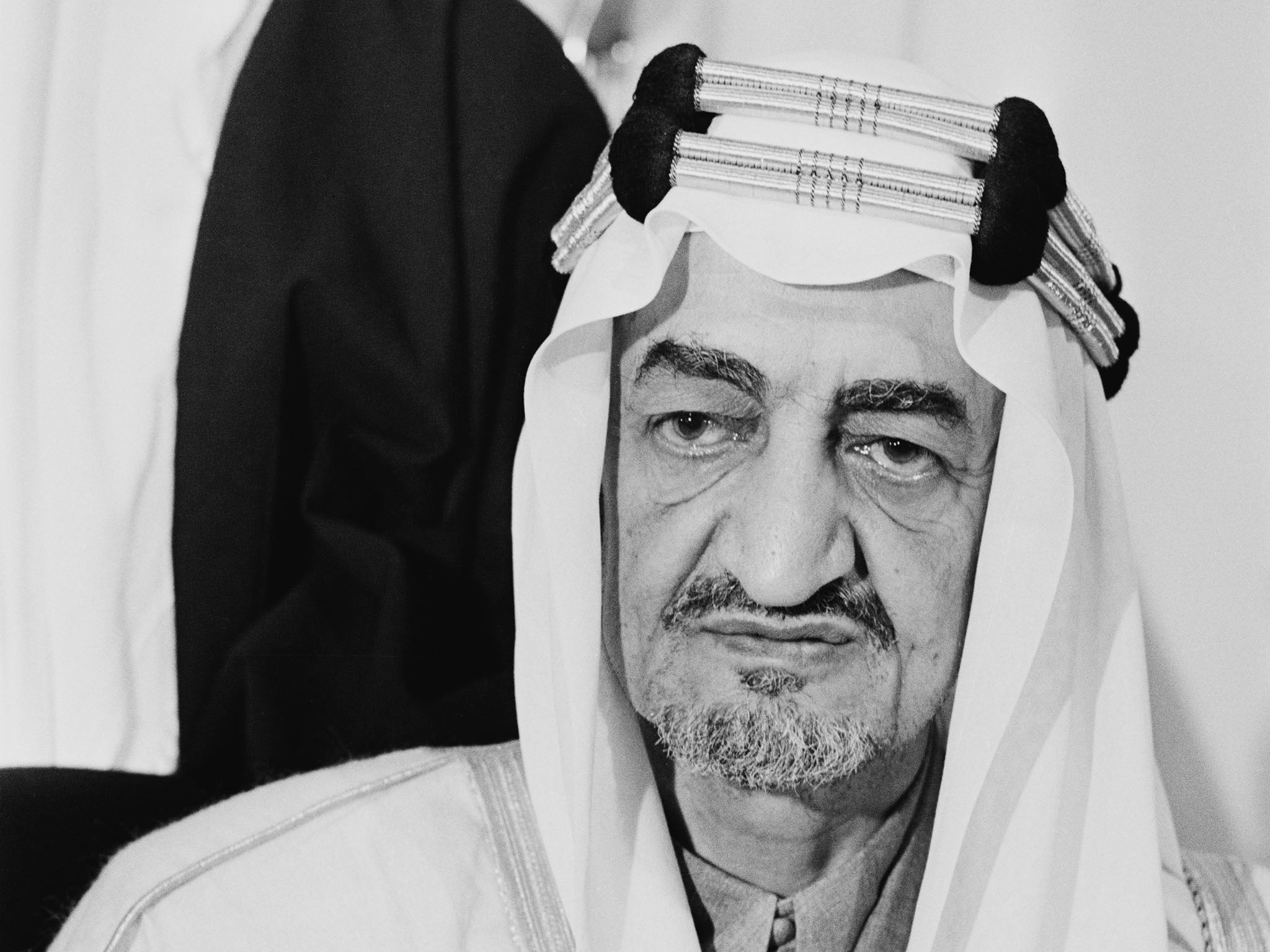
The world this week...
25 March
In 1949, the Soviet Union began to deport Estonians, Latvians and Lithuanians to inhospitable parts of the USSR. The event was called Operation Priboi and aimed at weakening Baltic nationalist movements.
In a step towards the creation of the European Union, six countries – Belgium, Germany, France, Italy, Luxembourg and the Netherlands – founded the European Economic Community in 1957.
In 1975, Saudi prince Faisal bin Musaed bin Abdulaziz assassinated his uncle King Faisal. The prince was beheaded for the murder.
Thousands of people participated in the Candle Demonstration in 1988 against the communist regime in Czechoslovakia. The protest, though entirely peaceful, was brutally dispersed by the police.
Ward Cunningham launched his programme WikiWikiWeb in 1995. It was the first-ever user-editable website.
Deaths: James Braid, 1860, Scottish surgeon; Claude Debussy, 1918, French composer; Ida B Wells, 1931, American civil rights activist; Milton H Erickson, 1980, American psychiatrist; Buck Owens, 2006, American singer-songwriter and guitarist.

26 March
The Biological Weapons Convention, which prohibited the development, production and stockpiling of biological and toxin weapons, came into effect in 1975.
Egyptian president Anwar Sadat and Israeli prime minister Menachem Begin signed the Israel-Egypt Peace Treaty in 1979. The treaty ended 30 years of war.
In 1991, Argentina, Brazil, Uruguay and Paraguay created Mercosur, the South American trade bloc officially titled Southern Common Market.
Russia elected Vladimir Putin as president in 2000. He held the post until 2008 and was re-elected in 2012.
Deaths: Ludwig van Beethoven, 1827, German composer; Walt Whitman, 1892, American poet and author; Cecil Rhodes, 1902, founder of De Beers; Noel Coward, 1973, English actor, playwright and composer; Ahmed Sekou Toure, 1984, first president of Guinea.
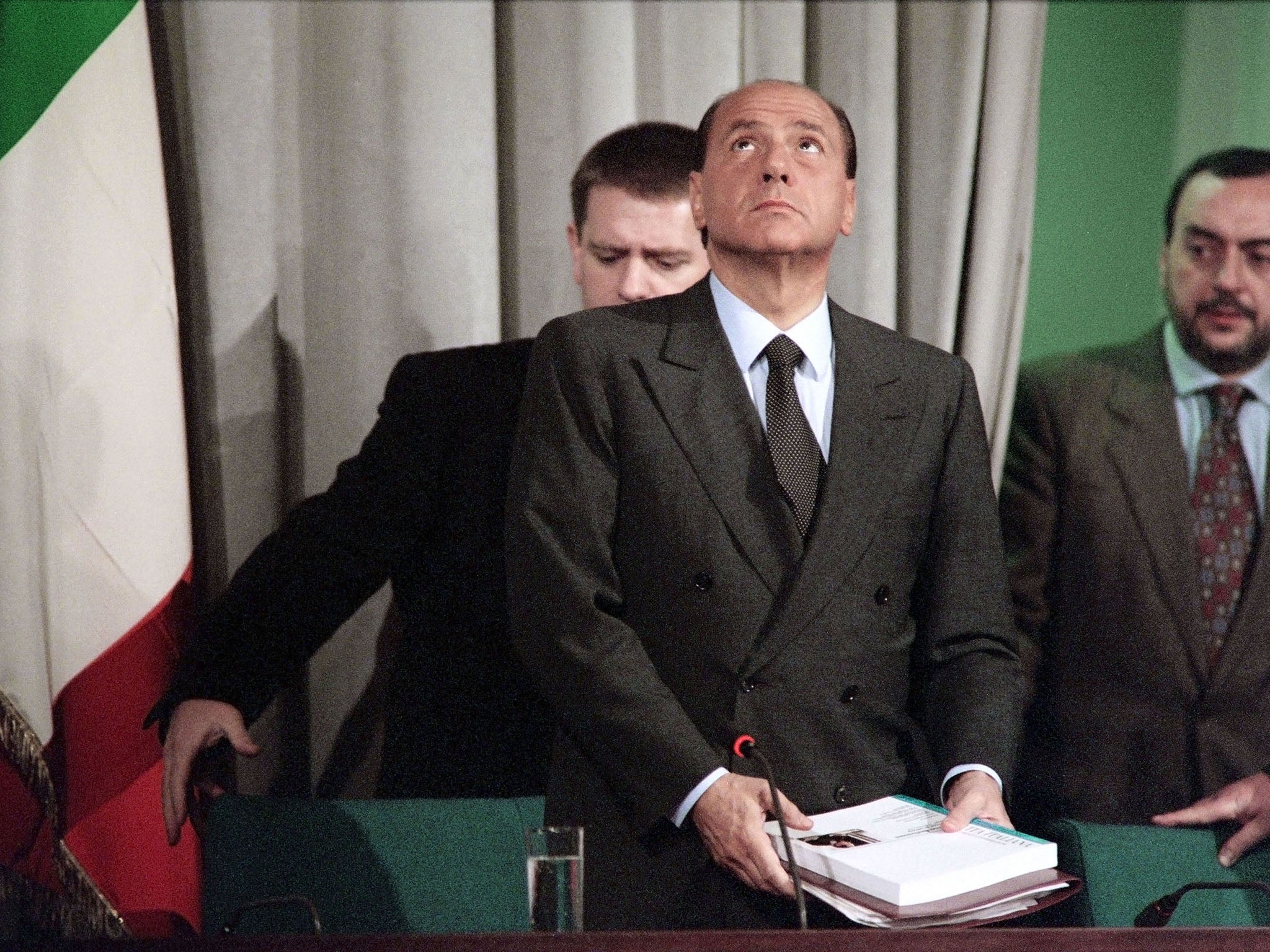
27 March
In 1871, England and Scotland competed in the first international rugby match.
Two Boeing 747 aircrafts collided on the runway in Tenerife, Spain in 1977. It was the worst air crash in history, killing 583 people.
Italy elected Silvio Berlusconi in 1994. He was famous for his many scandals.
The US Food and Drug Administration approved Viagra in 1998. The pill has made tens of billions in revenue since its debut.
Deaths: Syed Ahmad Khan, 1898, Indian educator and politician; Yuri Gagarin, 1968, Russian pilot and astronaut; MC Escher, 1972, Dutch illustrator; Billy Wilder, 2002, Austrian-born American director; Rudolf Vrba, 2006, Slovak-born Canadian biochemist and Holocaust survivor.
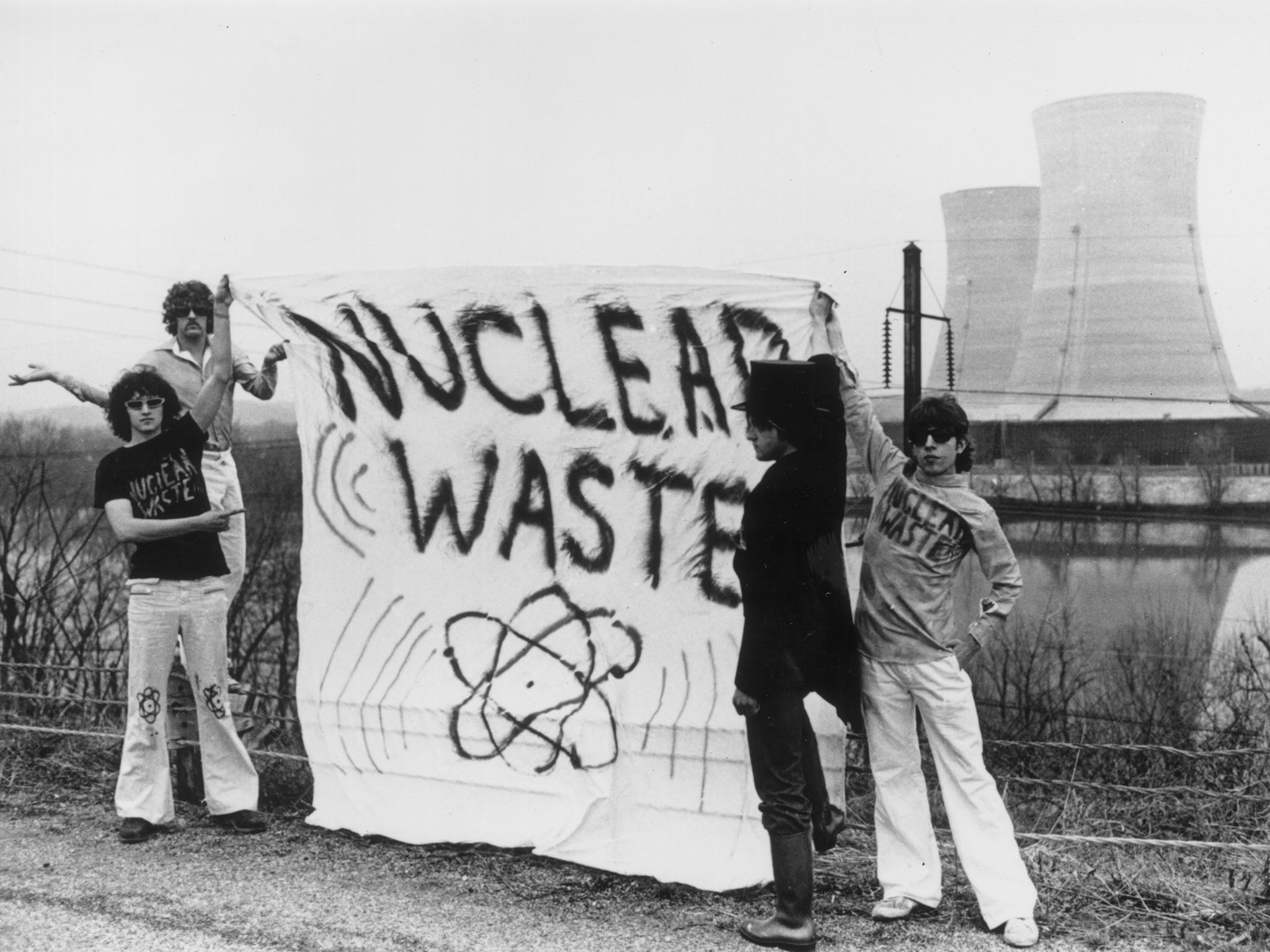
28 March
Henri Fabre’s invention the floatplane became the first to take off from water under its own power in 1910.
Greek poet Giorgos Seferis spoke out against his country’s military junta on the BBC World Service in 1969.
A nuclear power plant on Three Mile Island in the United States experienced a partial meltdown and radioactive leak. It was the worst commercial nuclear accident in the US.
African-American athlete Jesse Owens received the congressional gold medal in 1990. Owens was famous for his performance in the 1936 Summer Olympics, which took place in Berlin under Hitler’s Nazi regime.
Deaths: Ivan the Terrible, 1584, Russian Tsar; Virginia Woolf, 1941, English author and critic; Sergei Rachmaninoff, 1943, Russian pianist, composer and conductor; Dwight D Eisenhower, 1969, 34th president of the United States; Peter Ustinov, 2004, English actor, director, producer and screenwriter.
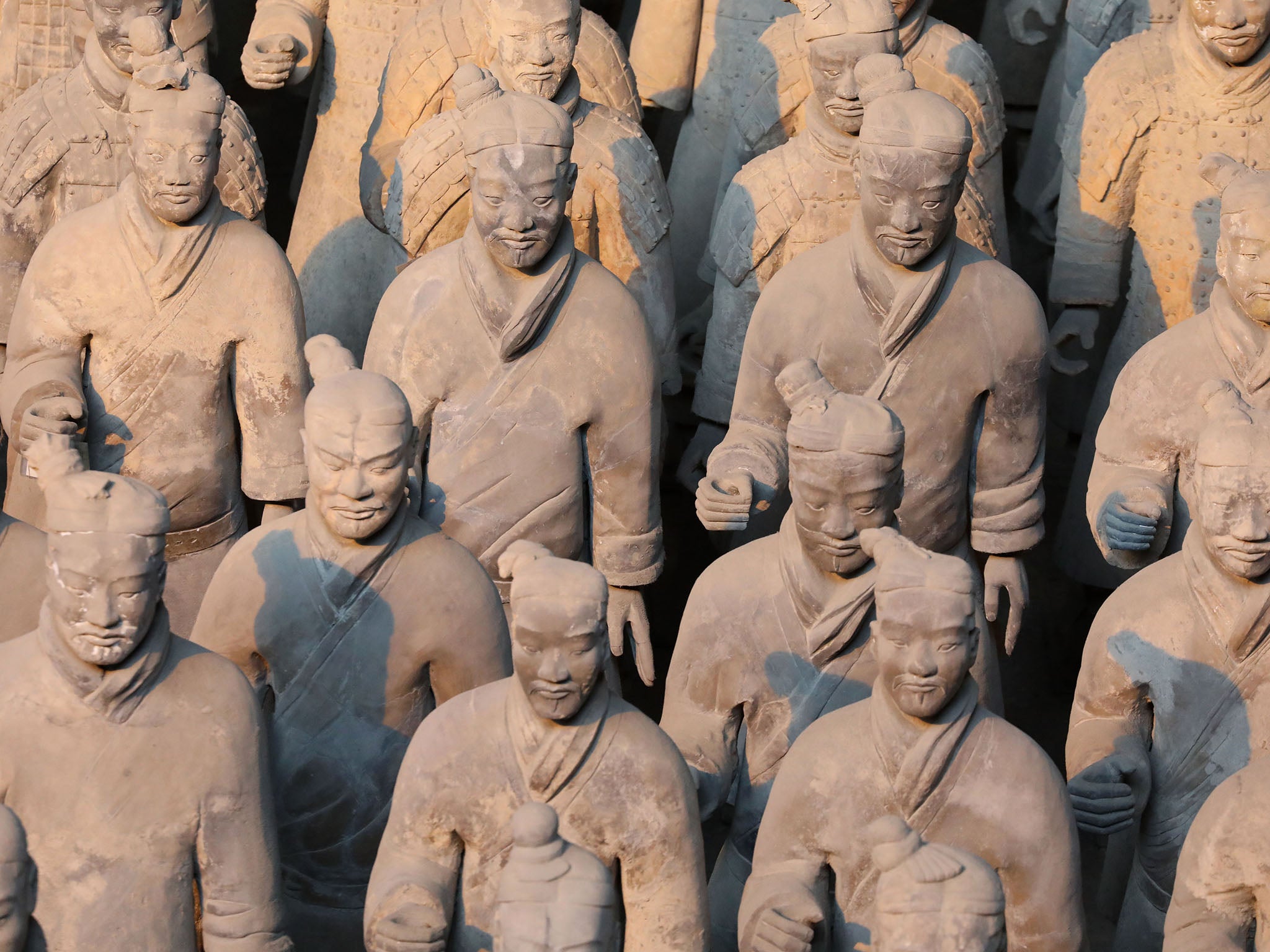
29 March
Serial killer Charles Manson was sentenced to death in 1971. The sentence was never carried out because California abolished the death penalty in 1972. Manson died in prison in 2017.
A group of local farmers found a collection of 8,000 soldier sculptures known as the Terracotta Army in 1974. The sculptures depicted Chinese emperor Qin Shi Huang’s soldiers.
Ireland became the first country to ban smoking in all workplaces in 2004.
Forty people in Moscow died in an attack by two Chechen female suicide bombers in 2010. The bombs were detonated in the Moscow underground.
Deaths: Emanuel Swedenborg, 1772, Swedish scientist; Charles-Valentin Alkan, 1888, French composer; Robert Falcon Scott, 1912, English navy officer and explorer; Charles Villiers Stanford, 1924, Irish composer; Walter Hallstein, 1982, first president of the European Commission.
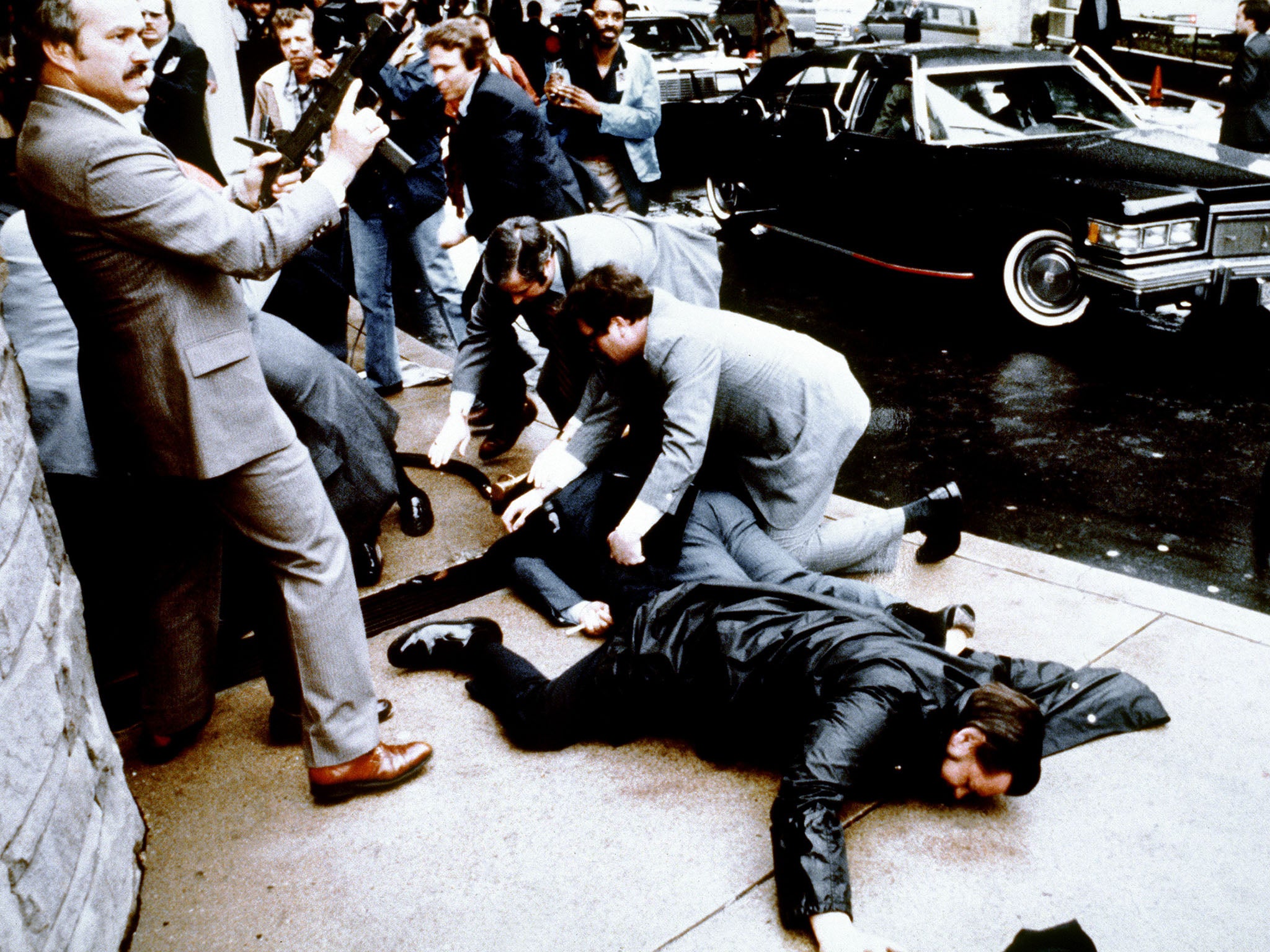
30 March
Russia signed the Treaty of Paris with France, Great Britain, Sardinia-Piedmont and Turkey in 1856, ending the Crimean War.
The United States bought Alaska from Russia in 1867. It cost $7.2m.
The popular American television programme Jeopardy! was broadcast for the first time in 1964. It is still on the air today.
John Hinckley Jr shot US president Ronald Reagan in 1981. Reagan survived the assassination attempt and was president until 1989.
Deaths: Karl May, 1912, German author; Rudolf Steiner, 1925, Austrian philosopher and educator; Karl Rahner, 1984, German theologian; James Cagney, 1986, American actor; Queen Elizabeth the Queen Mother, 2002.
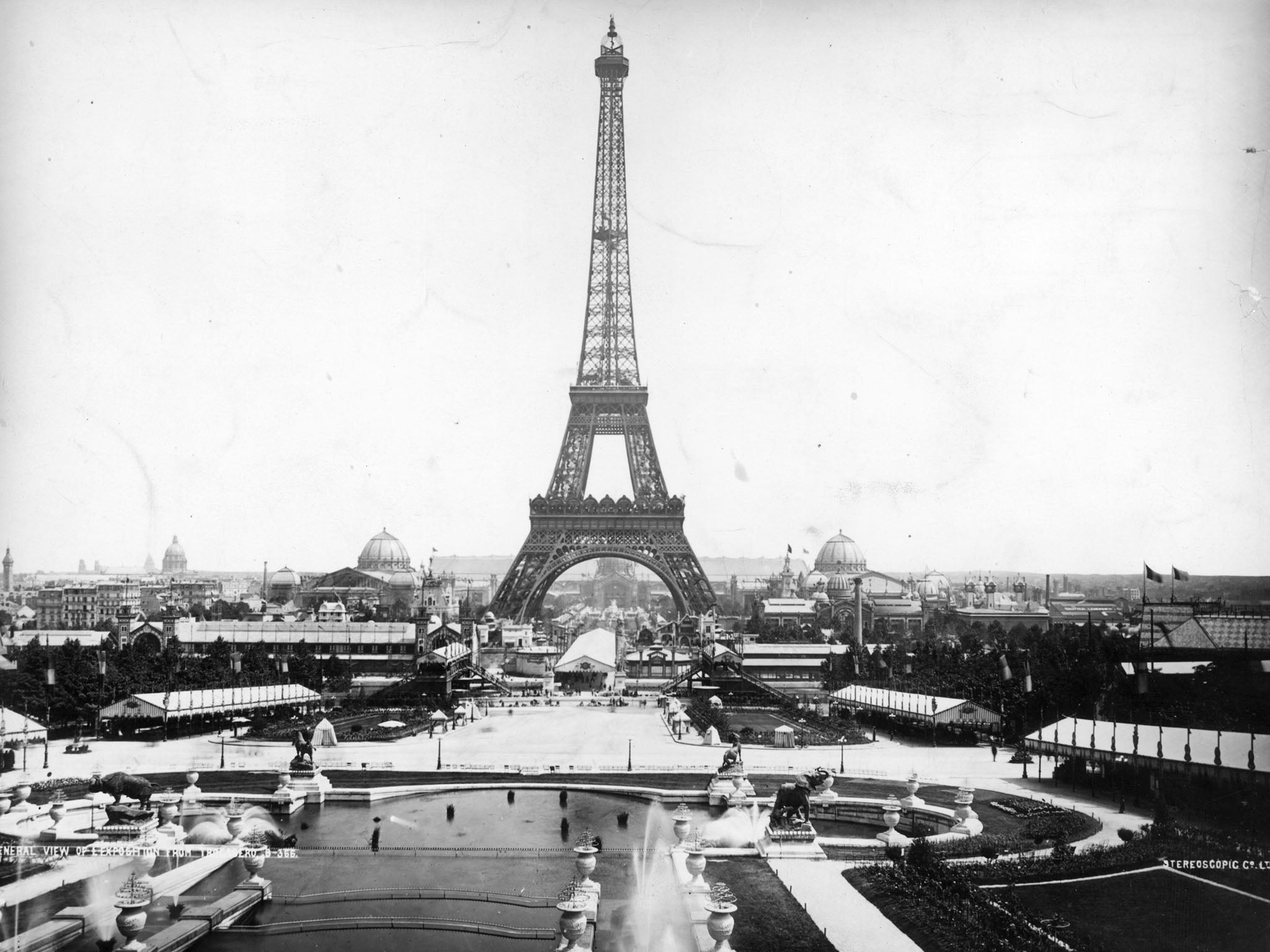
31 March
French engineer Alexandre Gustave Eiffel opened his famous Eiffel Tower in 1889. It remains the most recognisable landmark in Paris.
The first WrestleMania event was held in New York City in 1985. It is the world’s most important wrestling meeting and the biggest event organised by World Wrestling Entertainment.
The Matrix was released in 1999. The science-fiction movie left a lasting impression on action filmmaking.
Deaths: Philip III of Spain, 1621; John C Calhoun, 1850, seventh vice president of the United States; Meena Kumari, 1972, Indian actor; Jesse Owens, 1980, American sprinter; Charles Keating, 2014, American lawyer and businessman.

Join our commenting forum
Join thought-provoking conversations, follow other Independent readers and see their replies
Comments
Bookmark popover
Removed from bookmarks